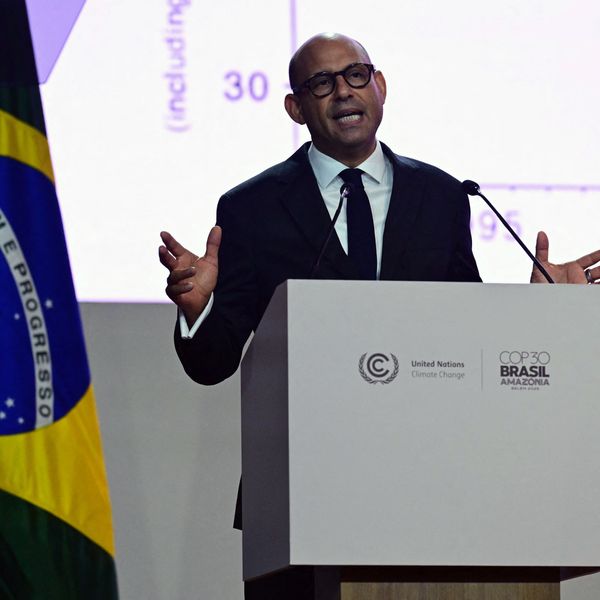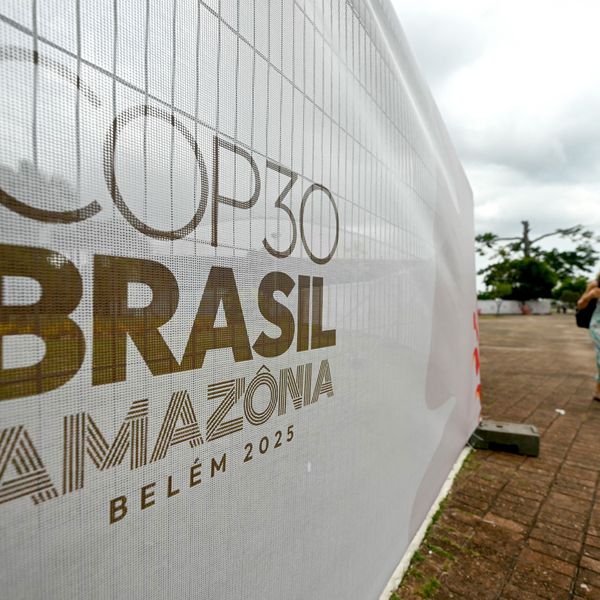A documentary filmmaker who could face more than 30 years in prison for merely capturing images of a climate activist taking part in a direct action has asserted her First Amendment rights, releasing on Friday a statement as well as raw footage taken the day of her arrest.
Lindsey Grayzel, along with cinematographer Carl Davis, was arrested and jailed on October 11 in Burlington, Washington after filming environmentalist Ken Ward, the subject of her current documentary. Ward, who was also arrested, was taking part in a #ShutItDown action to protest fossil fuels and express solidarity with those resisting the Dakota Access Pipeline.
"Freedom of the press is guaranteed by the First Amendment of the United States Constitution. The protections given to the press extend to documentary filmmakers, who bring context to a story that is not possible under the constraints of commercial news outlets," she said in a statement released to news outlets.
"My focus is long form documentary, and I've been working to craft a film about Ken Ward's climate activism for over a year. It is a rare person who will acknowledge the reality of climate change and react not with helplessness, but instead with a determination to do everything in his power to stop or at least slow down the destruction. My job now is to tell Ken's story to the public, and I look forward to finishing this film."
The statement also lists the charges Grayzel faces:
- Burglary, 2nd Degree (Class B Felony): ten years imprisonment, a fine of $20,000, or both.
- Criminal Sabotage, (Class B Felony): ten years imprisonment, a fine of $20,000, or both.
- Assemblage of Saboteurs (Class B Felony): ten years imprisonment, a fine of $5,000, or both.
- Criminal Trespass, 2nd Degree (Misdemeanor): ninety days imprisonment, a fine of $1,000, or both.
- Total maximum punishment: 30 years + 90 days imprisonment, a fine of $46,000 or both.
Grayzel's arrest came the same day as that of documentary filmmaker and journalist Deia Schlosberg, who was also filmming a #ShutItDown action. She faces up to 45 years in prison after being arrested in Walhalla, North Dakota, for reporting on the ongoing Indigenous protests against fossil fuel infrastructure.
Theirs were among other "concerning" arrests of filmmakers and journalists in the past month, wrote Sabrina King, policy director at the ACLU of Wyoming.
"There's little question that the severity of these charges are meant to send a chill down the spine of any journalist who dares cover the protests in ways the authorities and fossil fuel industry don't like," she wrote.
"Our country needs dissent. And our country needs its journalists to highlight that dissent and bring to light the injustices perpetuated by unjust laws. Government suppression and intimidation of the climate movement must end now," she concluded.
In its 2016 World Press Freedom Index, Reporters Without Borders ranks the U.S. 41 out of 179 countries.


